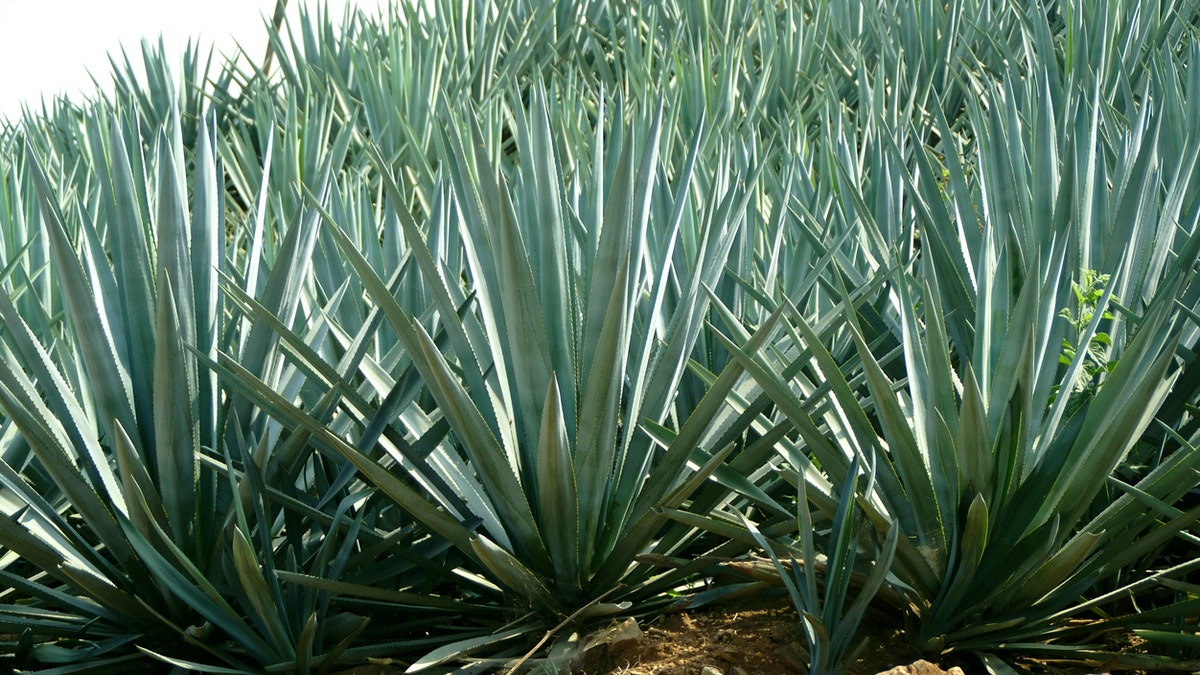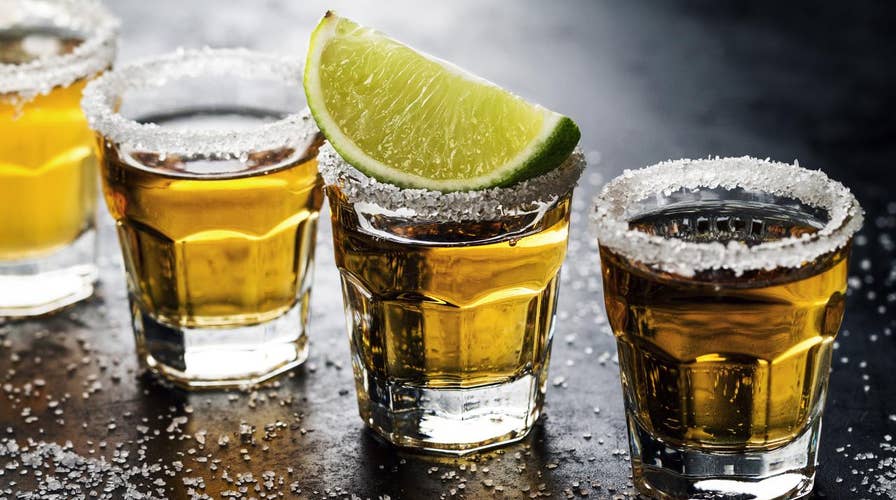Origins of tequila: History of Mexico's favorite spirit
Americans celebrate Cinco de Mayo with Mexican-flavor, including drinking the popular spirit tequila. But tequila expert, Guillaume Cuvelier, the co-owner of the brand Astral Tequila shares the rich history of the tasty drink. Salud!
Tequila and mezcal are often conflated by novice drinkers, who can usually only tell which one they’ve been drinking by reading the label of the bottle they’re clutching when they wake up in a dumpster.
Those of us who appreciate fine liquors, however, know there are several key differences in taste and aroma – not to mention production – that set each spirit apart.
CELEB CHEF: THIS IS HOW TO MAKE A PERFECT MARGARITA
For starters, both spirits are distilled from agave plants, but tequila can only be distilled from certain agave plants. In order for a spirit to be legally advertised as tequila, it must be made from the Weber blue agave, and grown in specific territories recognized by the General Declaration on the Protection of the Appellation of Origin Tequila, as put forth by Mexico’s Tequila Regulatory Council.

In order for a spirit to be legally advertised as tequila, it must be made from the Weber blue agave grown in specific regions of Mexico. (iStock)
Anything else made from the agave plant – even to near-identical standards – is a mezcal, which is technically a blanket term for any spirit distilled from agave. Therefore, all tequila is technically mezcal, but not all mezcal can call itself tequila, Astral Tequila owner Guillaume Cuvelier once explained to Fox News.
CLICK HERE TO SIGN UP FOR OUR LIFESTYLE NEWSLETTER
The agave hearts – or piñas – used in the production of either tequila or mezcal can be cooked before fermentation, though those used for mezcal are more often roasted in underground pits, imparting the finished product with generally more of a smokier aroma and taste.
FOLLOW US ON FACEBOOK FOR MORE FOX LIFESTYLE NEWS
Following the fermentation and distillation processes, tequilas and mezcals can be aged to varying degrees before bottling, resulting in multiple distinctions. For tequilas, the distinctions include Blanco (bottled within two months), Reposado (aged between two and 12 months) and Añejo (aged longer than 12 months), with the younger tequilas generally being better for mixing, and the older better for sipping. Mezcals follow pretty much the same standards for Joven (young), Reposado or Añejo.
Some distillers of both tequila and mezcal also offer “Extra Añejo” bottles, for anything aged more than three years.
CLICK HERE TO GET THE FOX NEWS APP
?Salud!

